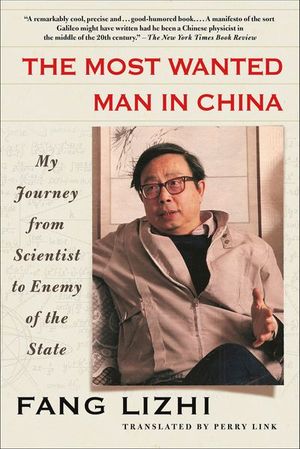The Most Wanted Man in China
Published by Henry Holt and Co.
The celebrated physicist and political dissident recounts his clashes with the Chinese regime in this “fascinating and insightful” memoir of science under siege (The Washington Post).
Fang Lizhi was one of the most prominent scientists of the People’s Republic of China. He worked on the country’s first nuclear program and became one of the world’s leading astrophysicists. But his devotion to truth led him to question the Communist regime. And that got him in trouble.
In 1957, after advocating for reforms in the Communist Party, Lizhi was dismissed from his position and sent to a remote village to be a farm laborer. Through the decades of the Great Leap Forward and the Cultural Revolution, he was alternately denounced and rehabilitated, revealing to him the pettiness, absurdity, and horror of the regime. He returned to academia after the death of Mao Zedong in 1976. But when the cycle began again, his struggle became a public cause—one that helped inspire the Tiananmen Square protests.
In 1989, Lizhi and his wife sought refuge in the U.S. embassy, where they hid for more than a year before fleeing the country. During that time Lizhi wrote this memoir, which has never been published until now. Told with vivid detail and disarming humor, The Most Wanted Man in China is a testament to the importance of living by one’s principles in an unprincipled time and place.
BUY NOW FROM
COMMUNITY REVIEWS

